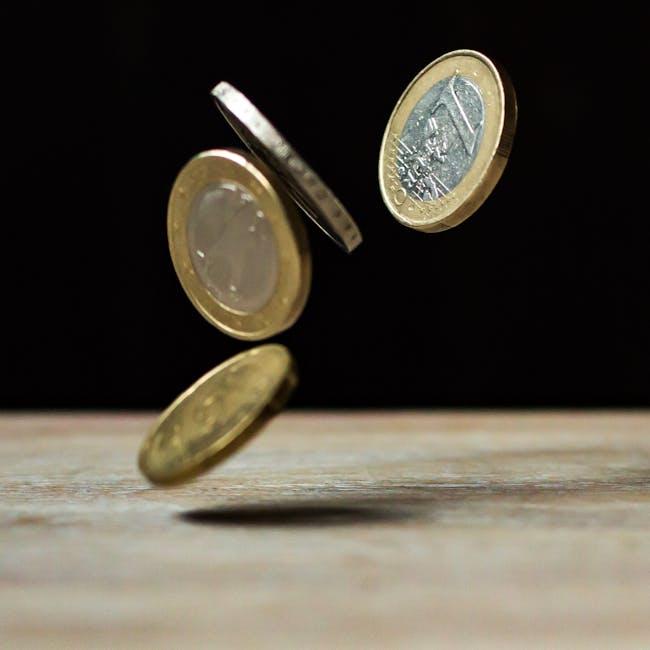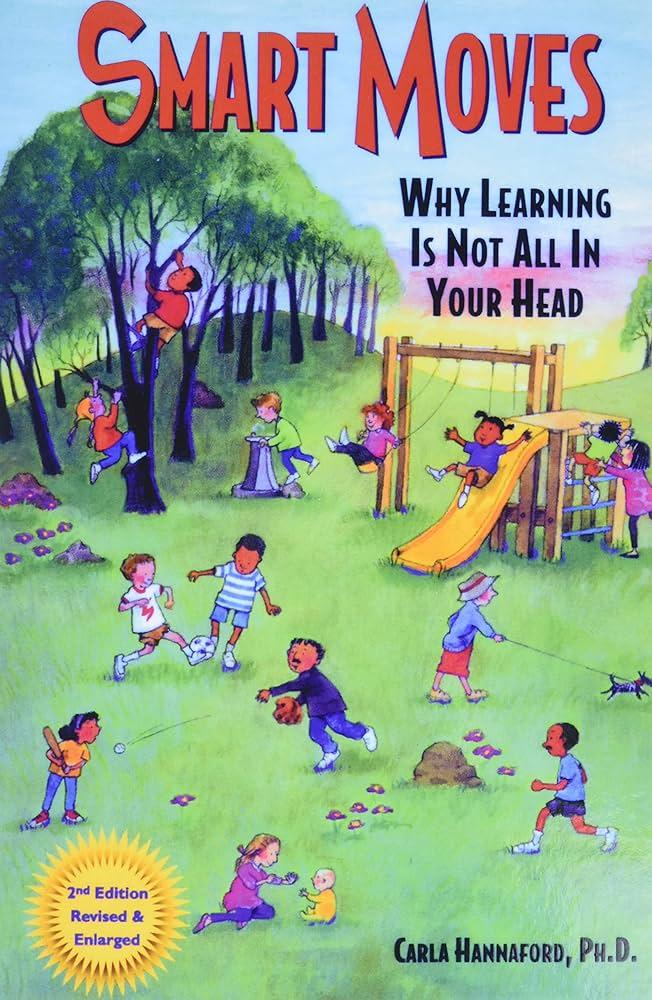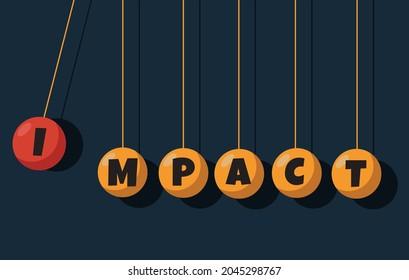Hey there, savvy saver! Have you noticed your savings account growing a little faster these days? Or maybe you’ve seen your investment returns doing a weird little dance? High-interest rates could be the sneaky culprits behind these changes. Don’t worry, though—this isn’t another dry finance lecture. We’re here to chat about what high-interest rates really mean for your money, from the cash sitting in your bank account to the stocks and bonds in your investment portfolio. So grab a comfy seat and maybe a cup of coffee, and let’s dive into how these rates can impact your financial journey. Trust us, you’ll want to know all about it!
Understanding the Ripple Effects of High-Interest Rates
High-interest rates can have a significant impact on your savings and investments. When interest rates go up, the returns on your savings accounts and fixed deposits usually increase, making your money work harder for you. This is great news for anyone looking to build their emergency fund or save for short-term goals. In addition, bonds and other fixed-income securities often offer higher returns during these periods. However, high-interest rates can also mean that loans and mortgages become more expensive, potentially affecting your disposable income.
- Higher Savings Returns: Experience increased earnings in your savings account.
- Expensive Loans: Be prepared for higher monthly payments on mortgages and loans.
- Investment Shifts: Investors might favor bonds over stocks due to higher yields.
For investments, high-interest rates often trigger a shift. Stocks can take a hit as borrowing costs for companies rise. This can lead to lower profits and stock prices. On the other hand, bonds become more attractive because they offer better returns. If you’re a stock market investor, you might see slower growth in your portfolio. It’s essential to diversify and keep an eye on the market trends to make informed decisions.
| Asset | Impact |
|---|---|
| Savings Accounts | Higher interest, better returns |
| Home Loans | Costlier monthly payments |
| Stocks | Potential decline in value |
| Bonds | Increased attractiveness |

How Your Savings Can Benefit from Higher Rates
When interest rates rise, it can be great news for your savings accounts. Higher rates mean your money grows faster because the bank pays you more for having your funds parked with them. Imagine you have $1,000 in your savings account at a 1% interest rate. After a year, you’d earn $10. But if the interest rate bumps up to 3%, you’d earn $30 instead. That’s a significant difference!
Consider the following benefits of higher rates on savings:
- Better returns: Your savings account earns more interest.
- More security: Higher returns without taking extra risks.
- Inflation combat: Keeps your savings from losing value over time.
Here’s a quick comparison:
| Interest Rate | Annual Earnings on $1,000 |
|---|---|
| 1% | $10 |
| 3% | $30 |
| 5% | $50 |
However, it’s essential to shop around for the best rates. Sometimes online banks offer higher interest rates than traditional banks. Always check the terms and conditions to ensure you’re getting the best deal for your hard-earned money!

Protecting Your Investments During Interest Rate Hikes
When interest rates climb, it can feel like a rollercoaster for your investments. Stocks and bonds might get pretty wobbly, and real estate prices could be affected too. It’s not all doom and gloom though! You can take steps to soften the blow:
- Diversify your portfolio: Mix it up with a blend of stocks, bonds, and alternative assets.
- Focus on quality investments: Look for companies with strong balance sheets and solid earnings.
- Stay liquid: Keep some cash on hand for flexibility and potential opportunities.
- Review your debt: Consider paying down high-interest debt to shield yourself from rising rates.
Another savvy move is to regularly review and adjust your strategy. Maybe shift to more fixed-income securities to protect gains, or use short-term investments for better interest rate visibility. Curious about how different investments are impacted? Check out this quick table:
| Investment Type | Impact of High Rates |
|---|---|
| Stocks | Potentially Volatile |
| Bonds | Price Decreases |
| Real Estate | Growth Slows |
| Savings Accounts | Better Returns |

Smart Moves to Navigate a High-Interest Rate Environment
Handling your finances wisely is crucial when interest rates soar. Here are some smart strategies to consider:
- Pay Off High-Interest Debt: Eliminating debts with high interest can save you loads in the long run. Think of credit cards and payday loans first.
- Build an Emergency Fund: Cushion yourself against financial surprises by parking some cash in a high-yield savings account. It’s a safe haven in turbulent times.
Investing can be tricky in high-interest rate environments, so adjust your strategies:
- Diversify Your Portfolio: Spread your investments across different sectors and asset types to reduce risk.
- Consider Bonds: Higher rates generally mean better returns on bonds. Short-term bonds might offer less risk and decent yields.
- Stay Informed: Keep up with market trends and be flexible with your investment decisions.
| Strategy | Goal |
|---|---|
| Pay Off High-Interest Debt | Reduce financial burden |
| Build an Emergency Fund | Prepare for unexpected expenses |
| Diversify Your Portfolio | Minimize investment risk |
| Consider Bonds | Earn steady returns |
| Stay Informed | Make educated decisions |
Q&A
Q&A:
Q: Hey, I keep hearing about high-interest rates in the news lately. What’s the big deal?
A: Hey there! High-interest rates can really shake things up for both savers and investors. Basically, when interest rates are high, borrowing money gets more expensive, but the flip side is that saving money gets more rewarding.
Q: Got it. So, how does it affect my savings?
A: Great question! If you’ve got money parked in a savings account, higher interest rates mean you’ll earn more on that stash. So, you might see better returns on your savings accounts, CDs, or money market accounts. Think of it as a little bonus for being financially responsible!
Q: That’s cool for savings. But what about my investments?
A: Ah, here’s where things get interesting. Higher interest rates can make some investments, like bonds, less attractive. When new bonds come out with higher interest rates, the older ones with lower returns drop in value. Stocks can also take a hit, especially if companies rely heavily on borrowing money. The costlier loans eat into their profits, which can send their stock prices down.
Q: So, is it all bad news for investments when rates are high?
A: Not necessarily! Some sectors actually benefit from higher interest rates. For instance, financial institutions like banks often do well because they can charge more for loans. Plus, you can find investment opportunities even in a high-rate environment; it’s just about picking the right spots and maybe being a bit more cautious.
Q: I keep hearing about the Fed raising rates. Why do they even do that?
A: The Federal Reserve, or “the Fed,” hikes interest rates mainly to keep inflation in check. When the economy’s heating up and prices are rising too fast, upping interest rates can help cool things down. It makes borrowing more expensive, which tends to reduce spending and slow inflation. It’s their way of keeping the economy from overheating.
Q: That makes sense. Any tips for navigating these high-interest rate times?
A: Sure thing! First off, make the most of your savings accounts since they’ll likely yield more now. For investments, consider diversifying – maybe look at those financial stocks or other sectors that can benefit from higher rates. And as always, stay informed and maybe chat with a financial advisor to tailor a strategy to your specific situation.
Q: Cool, last question. How long do you think these high rates will stick around?
A: That’s the million-dollar question! It really depends on how the economy evolves. If inflation cools off, the Fed might lower rates again. But if things stay heated, high rates could stick around for a while. It’s a game of wait and see, so keeping an ear to the ground for economic news is a good move.
Q: Thanks a ton! This was super helpful.
A: You bet! Anytime. Don’t hesitate to reach out if you’ve got more questions down the road. Happy saving and investing! 🌟
—
In Summary
And there you have it—a peek into how high-interest rates can play a big role in shaping your savings and investments. It’s a bit of a mixed bag, right? While those juicy interest rates can boost your savings, they can also turn the screws a bit on your investment returns. But hey, knowledge is power! Armed with this info, you’ll be better positioned to navigate the financial twists and turns that come your way.
Remember, the world of finance isn’t one-size-fits-all, so take the time to dig into what works best for your unique situation. Whether you’re stashing cash for a rainy day or plotting your next big investment move, a little strategic thinking can go a long way.
Thanks for sticking around and diving into this topic with me. Here’s to making smarter financial decisions and growing your money, even when the interest rates decide to take a rollercoaster ride. Until next time, happy saving and investing!



[…] Private Loans: Your wild card option, usually through banks or credit unions. These can offer higher amounts but often come with higher interest rates. […]
[…] day fighting market crime, others can pick up the slack. That’s diversification for you—each investment type can support the others, reducing your overall […]